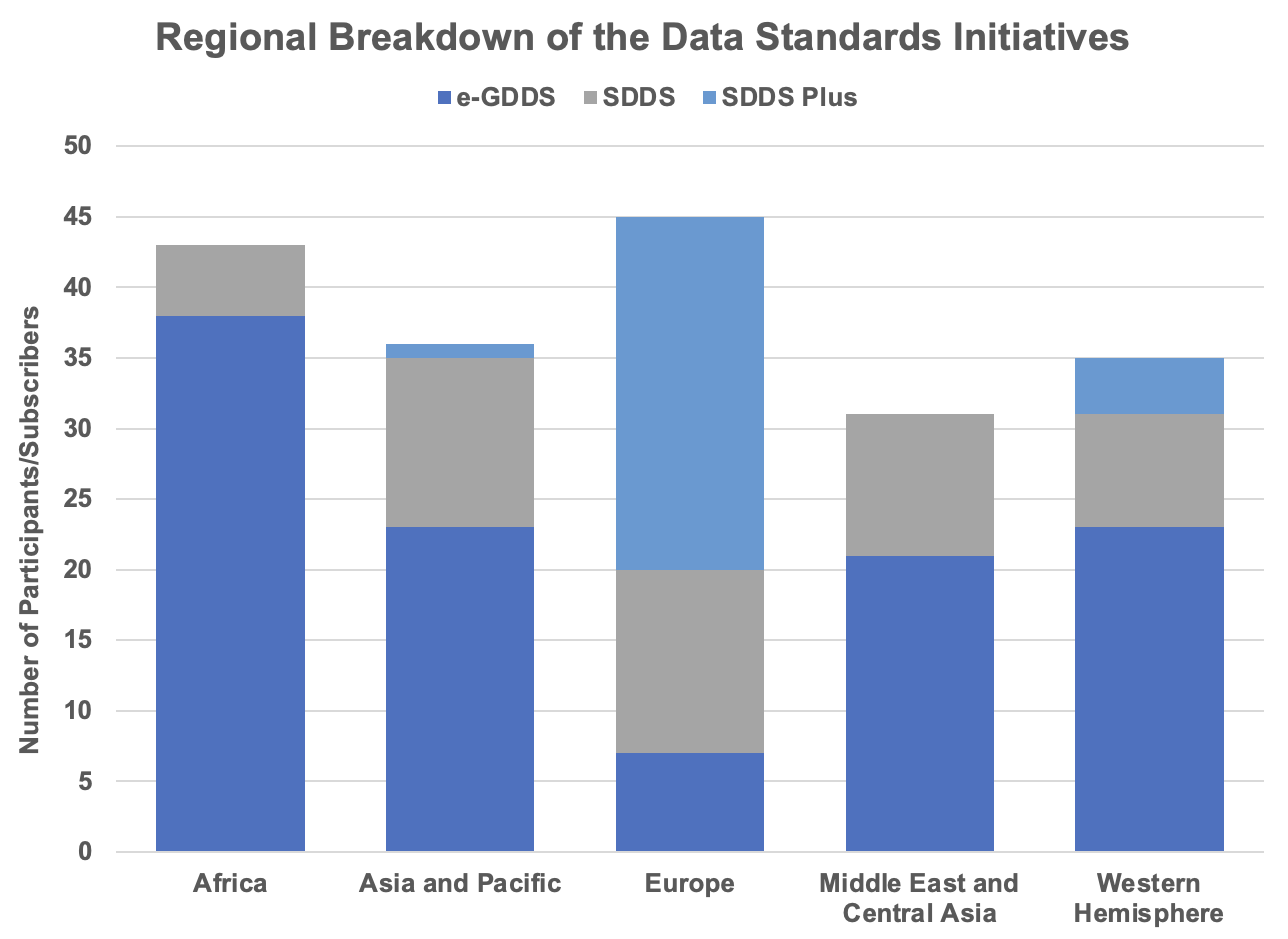Harmonized data lies at the heart of the climate agenda, but do we pay enough attention to the development of the figures that we see? Do we ever question how the figures are calculated? May there be elementary discrepancies compounding into a distorted representation of supposed facts? And could this all possibly contribute to sub-optimal and ineffective policy-making clouded by perceived assurances of data certainty?
The production of reliable climate data is critical to how our daily lives and future are shaped. Decisions taken by national leaders are based on global, regional, and national trends and forecasts. The Paris Agreement and the subsequent net zero agenda is an example of how data and its interpretation for societal and economic progress are at the core of policy choices. On the one hand, official statistics are used to inform the development of policy and decisions by public officials and businesses. On the other hand, statistics are used to monitor impact and effectiveness.
This places the input of national statistics into global datasets, such as those provided by the United Nations and World Bank, at the heart of this debate. It is critical for countries to have timely and frequent data releases, high-quality data outputs, user confidence, and Human Resources development per the UN Handbook for National Statistical Systems. Harmonized global data is key for meaningful global data output and informed decision-making. National statistical ecosystems play an important role in that and ought to deliver statistical outputs that adhere to global standards.
Countries and Multilaterals Developing Data and Statistical System Capabilities
Multilateral organizations, such as the United Nations and the International Monetary Fund, host sophisticated divisions for statistics. The United Nations adopted in March 2022 their “Global Set of Climate Change Statistics and Indicators,” whereas its first handbook on national statistical systems dates back to the 1980’s. The International Monetary Fund introduced in 1996 its Data Standards Initiatives, which comprises of three tiers of national statistical capability: entry (e-GDDS), intermediate (SDDS), advanced (SDDS plus). Advanced economies, such as the European Union and the United States, have garnered capabilities and created well-developed statistical systems.1
Figure 1 displays information provided by the International Monetary Fund with regards to participant countries in its Data Standards Initiative. It shows how divergent are the capabilities between developed and developing countries. Based on data in Figure 1, 112 countries participated in the entry tier of the data dissemination framework by the end of 2022. Africa, Asia and Pacific, and Middle East and North Africa represent 73% of these 112 countries. In contrast, 97% of the participant countries in the advanced dissemination standards are from Europe or the Western Hemisphere. As such, the quality of national data production and output has significant variance. This exposes possible shortcomings in statistical products, including those measuring progress towards a net zero agenda.

Statistics can serve as a true base for effective policy-making insights, but there are limitations due to nations’ capabilities. Capacity development in national statistics has been evolving in emerging countries over the past years through a variety of support tools offered by multilateral organizations.2 The United Nations Statistics Division following up on their newly adopted “Global Set of Climate Change Statistics and Indicators” shows a variety of workshops to strengthen environment statistics for instance.3
Potential Role of Big Data for Countries and Climate Change
Would fast-paced technological developments provide answers for more harmonized and accurate statistics across all countries? Big Data has certainly entered the realm of official statistics, questions as to how Big Data can be exactly relevant for official statistics are ongoing.4 According to UN Big Data, which is part of the UN Statistics Division, “Big Data is considered as possible means to support the monitoring of the 2030 Agenda, as it could improve timeliness and relevance of indicators without compromising their impartiality and methodological soundness.”5 As such, finding ways to use Big Data as part of official statistics may supplement lower capabilities in countries. With that, it could support high quality international data aggregation for meaningful global action plans, such as with the urgency provided by measurement towards progress on global climate change.6
Overall, common goals, including the net zero agenda, require high-quality and dependable baseline data inputs for measurement. Climate change is front and center for many decisions to be taken. We cannot deny that we live in an era with a collective problem: the warming of the globe and the impact this has on our natural habitat and progress. Let us make sure that whatever policy choices we take in that regard, we ensure that the statistical capabilities in all countries are on par with one another, so that inputs into global datasets that we deem reliable, such as those from the United Nations and the International Monetary Fund, are truly of the quality that we need them to be for real progress and outcomes.
Photo credit: Karsten Würth via Unsplash
[1] Eurostat. “History.” Eurostat. 2023. https://ec.europa.eu/eurostat/web/main/about-us/history.
[2] Environment Statistics, United Nations Statistics Division. “UNSD activities on climate change statistics.” Unstats.org. https://unstats.un.org/unsd/envstats/climatechange_docs_conf.cshtml.
[3] Ibid.
[4] See Data-Pop Alliance, jointly created by Harvard Humanitarian Initiative, MIT Media Lab, and Overseas Development Institute. https://datapopalliance.org
[5] UN Big Data. “Using Big Data for the Sustainable Development Goals.” UN Big Data. 2023. https://unstats.un.org/bigdata/task-teams/sdgs/index.cshtml.
[6] Intergovernmental Panel on Climate Change (IPCC). “Task Group on Data Support for Climate Change Assessments (TG-Data).” IPCC Data. 2023. https://www.ipcc.ch/data/.
